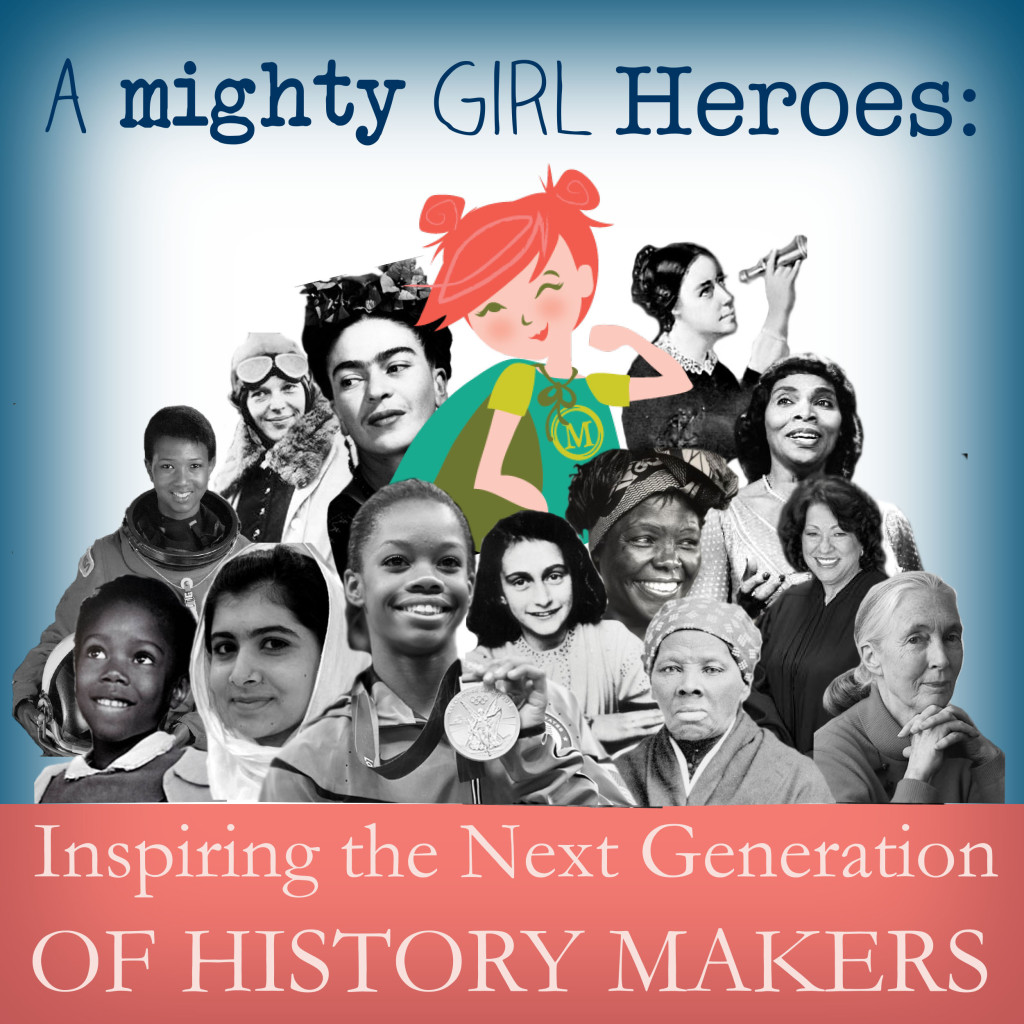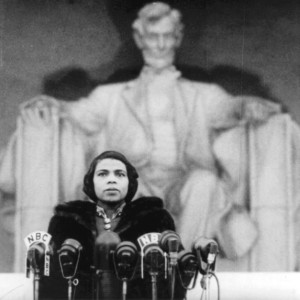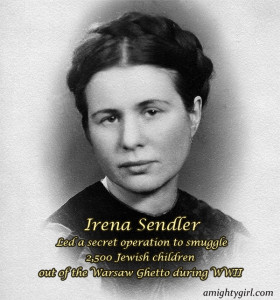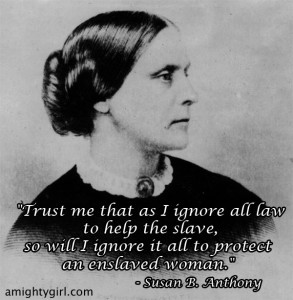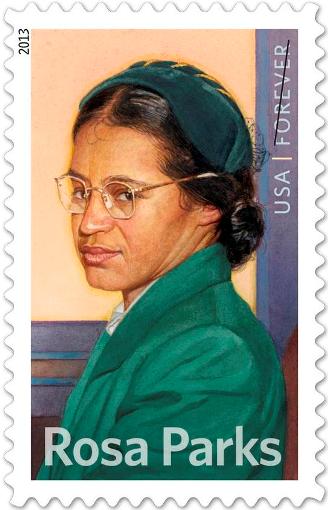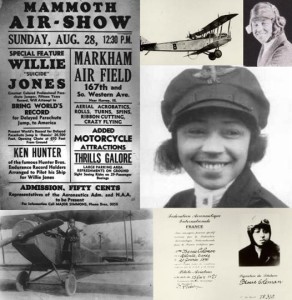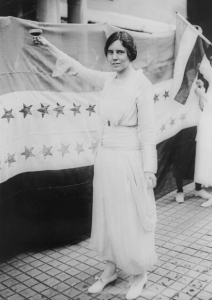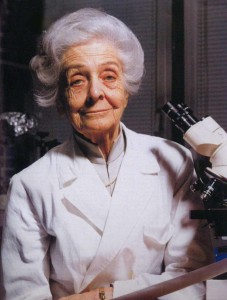Happy International Women’s Day! Today countries around the world celebrate the contributions of women past and present. A Mighty Girl has chosen to mark the day with this blog post featuring eight amazing women from around the world. Some of them will be familiar, but some of them will be new to you; all of them have left their mark on the world.
We have included reading recommendations for children and youth about each of the featured women. To view our complete selection of over 350 inspiring biographies of remarkable girls and women, visit our biographies collection.
Alia Muhammad Baker (b. 1953)
Baker was the chief librarian of Al Basrah Central Library in 2003 when the war in Iraq began. When she was denied permission to move the books, even after government offices moved into the library, she started smuggling books home; and when the officials fled the British advance and looters started to enter the library, she convinced the owner of the restaurant next door to allow her -- and eventually neighbors who joined her mission -- to store books safely in the dining room. Thanks to her efforts, 30,000 books were saved and became the core of a rebuilt library in 2004.
You can read more about Baker in The Librarian of Basra: A True Story from Iraq (ages 5 to 9) or in Alia’s Mission: Saving the Books of Iraq (ages 8 to 12). Continue reading Continue reading









![Aung-San-Syu-Kyi-447x580[1]](https://www.amightygirl.com/wp/wp-content/uploads/2013/03/Aung-San-Syu-Kyi-447x5801-e1362741215170-300x300.jpg)

